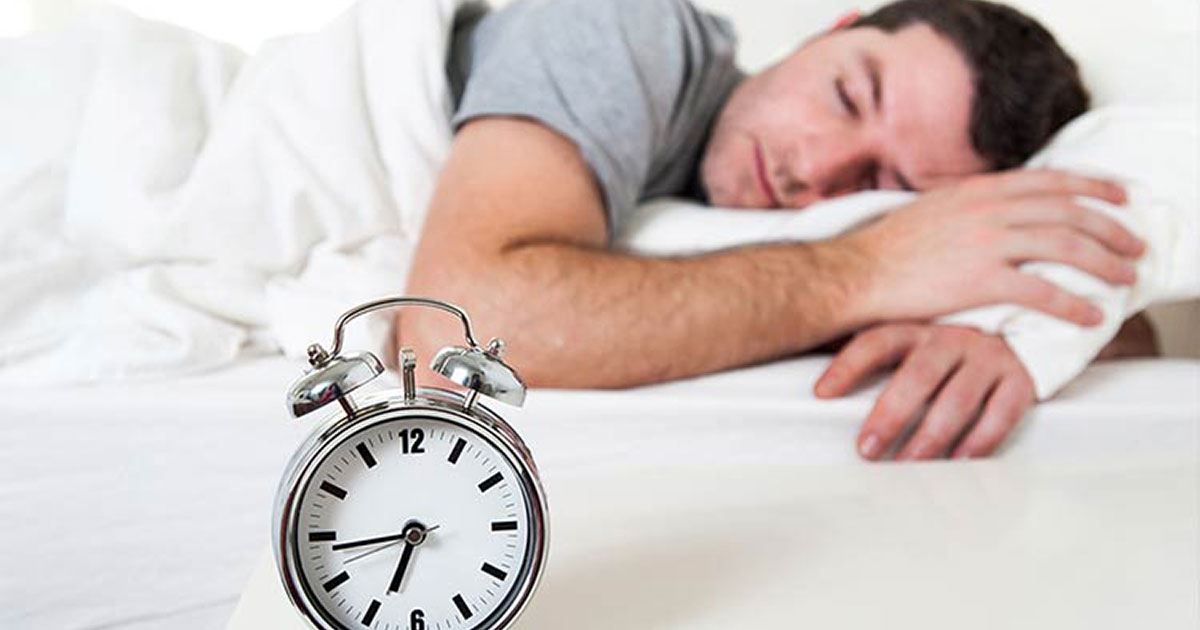Sleep, One of the Great Mysteries
- Category: Health & Wellness
- Posted On:
- Written By: Hsien C. Young, MD

Sleep is one of the great mysteries of neuroscience. Like the origin of the universe is for the astrophysicist, sleep has puzzled brilliant minds since antiquity. Ancient Greece prayed to the sleep god Hypnos to restore their bodies and minds. Hypnos is where we get the word hypnosis. The Romans had their own sleep god, Somnus, from which we get the word somnolence (sleepiness). We no longer pray to sleep gods, but we remain zealots in our desire for the restorative powers of sleep.
Despite many scientific discoveries in sleep medicine, there still remains much debate regarding even the fundamental question of why we sleep. What we do know is the harm that can occur when there is lack of sleep. Sleep deprivation, often self-induced, is so pervasive these days that most people may not even realize that they suffer from it. Sleep medicine research has shown that chronic sleep deprivation can have far reaching negative effects on your health.
For example, being awake for 24 hours continuously has been shown in research studies to mimic deficits in judgment similar to that of a legally drunk person. Sleep deprivation has been linked to increased rates of cancer, dementia, heart attack, stroke, high blood pressure, and diabetes.
Most Americans do not get the seven to eight hours of sleep per day total believed to be optimal for maintaining health. Too much or too little can have adverse effects on your health. The stress from poor sleep can increase the severity of stress-related disorders including heart disease, depression, and chronic pain.
Sleep deprivation can also lead to premature aging by decreasing growth hormone production and its normal release during sleep. Growth hormone is released by the pituitary gland during deep sleep. Normal levels of growth hormone help you look and feel younger.
When your normal sleep rhythms are disrupted, your body produces less melatonin (a hormone with antioxidant properties that promotes sleep) and may have the reduced ability to destroy cancer cells. Melatonin may help suppress free radicals that can lead to certain cancers. Tumors have been shown to grow faster in animals when chronically sleep deprived.
There are many natural techniques you can learn to improve your sleep and sleep health. Whether you have difficulty falling asleep, staying asleep, or are experiencing poor quality of sleep, you can improve your sleep with the helpful tips below without using medications:
- Exercise regularly at least three times per week while maintaining a healthy diet and weight. Do not exercise for at least three hours before bed. Exercise in the morning whenever possible.
- Work with your doctor to treat any medical conditions and remove any medications that can negatively affect sleep.
- Keep a regular sleep and wake time schedule. Keep this schedule even on the weekends and holidays. Allow at least 7 hours for sleep.
- Do not eat any food or drink fluids, including alcohol, for at least two hours before bed, and avoid caffeinated beverage after noon. Having a small protein snack three hours before sleep may increase tryptophan/melatonin production, which can improve sleep.
- Do not watch television or use computer devices in the bedroom. Turn all devices off for at least one hour before bed.
- Have a simple bedtime relaxing routine away from the bedroom. Meditation, prayer, journaling, and quiet reading help you transition to sleep mode.
- Hot shower, bath, or sauna before bed can improve sleep quality by increasing core body temperature.
- Go to the bathroom right before bed. This will avoid awakenings due to bladder distention.
- Optimize your sleep environment:
- Sleep in complete darkness. Use an eye mask if needed.
- Keep temperature in your bedroom at 70 degrees if possible. The most optimal temperature for sleep is believed to be 68-72 degrees.
- Isolate your sleep area from unwanted noise. Use a gentle alarm chime and keep the alarm clock away from view. The stress of being awakened by a harsh alarm can affect your sleep the next day.
- Reserve your bedroom for sleep only.
- Sleep in separate bedrooms if your bed partner is disruptive.
- Turn off your wifi and cell phones, which emit electromagnetic fields (EMF). EMF may negatively affect the function of the pineal gland, which helps the body secrete growth hormone and melatonin.
I hope the above recommendations will improve your sleep without need for sleep medications, which are now so widely used in our society. These medications work briefly only to lose their effects after building tolerance. Addiction to sleep medications is a silent epidemic. Significant harm and even death can occur with sleep medication addiction.
Remember that sleep is a natural process with its own biorhythm. Like hunger and thirst, the need for sleep is satisfied only when we provide what the body needs. Just as you would not treat your hunger or thirst with a pill, we should not expect medications to be the key to a night of restful sleep.






.jpg)